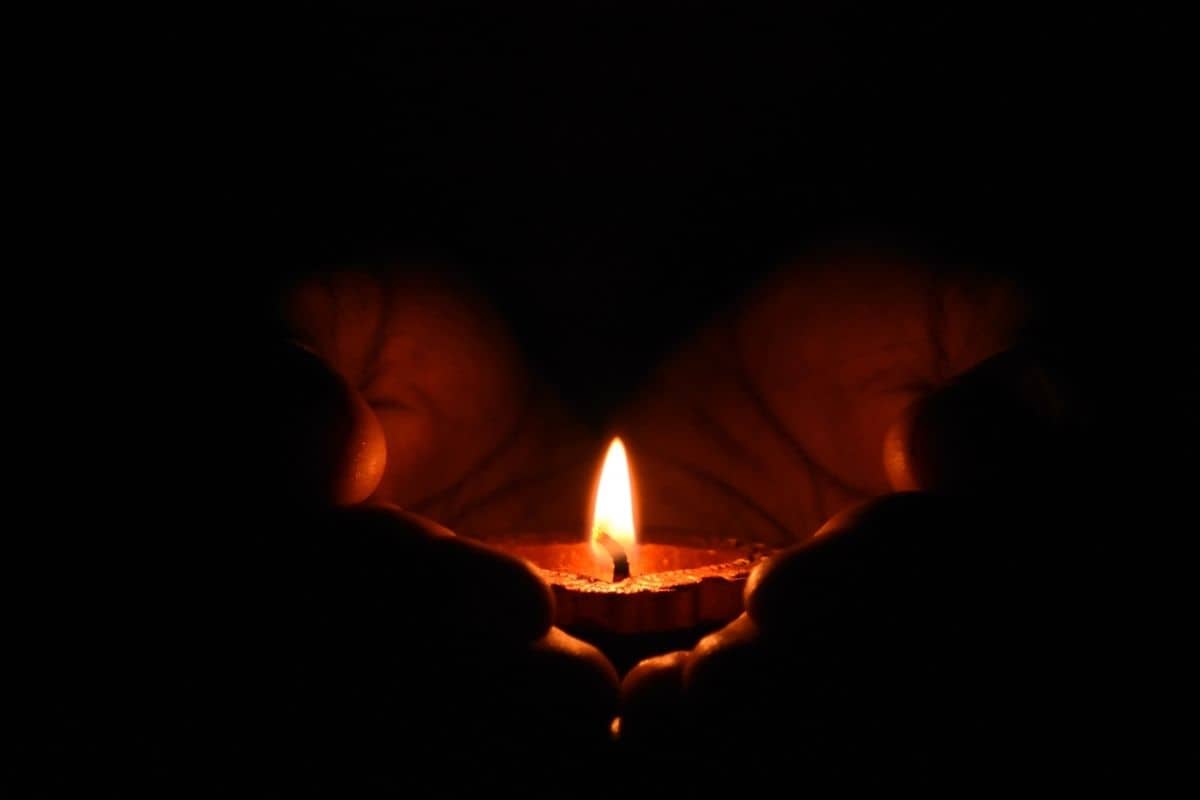
The heavy emphasis on medical care and the avoidance of death means that millions of people today suffer needlessly just before they die.
Dying is part of life. Yet it seems that the fear of dying has increased. Attempts are now being made to delay death with the help of sometimes aggressive treatments. These medical interventions often continue until the last days with minimal attention to suffering, researchers say. In a new study they argue that the way people die has changed radically in the past sixty years. A disturbing trend that calls for a rethink.
Change
Before the 1950s, deaths were primarily the result of acute illness or injury. Doctors or technology were little involved. That is different today. Most deaths are the result of chronic diseases, in which doctors and technology play a major role. Many more people die in hospital as a result. In the UK, for example, only one in five people die at home, while about half are in hospital.
healthcare
It means that health care has taken on an increasingly central role. Societies give overwhelming priority to avoiding death. For example, sometimes even aggressive treatments are used to try to postpone death. This idea that death can be overcome is further fueled by advances in science and technology, which have also led to the over-reliance on medical interventions towards the end of life. As a result, families and communities have become increasingly alienated. Experts therefore warn against the increasing ‘overmedicalization’ of death.
Corona pandemic
According to the researchers, the corona pandemic is a good example of this. Patients died in intensive care with little contact with their families. “They often died just in front of masked hospital staff, unable to communicate directly with their families,” said study researcher Libby Sallnow. “Dying used to be a family event, with occasional medical support. Now it is a medical event, with limited family support.”
Suffering
According to the researchers, it is a troubling trend. Because according to them, this means that too many people suffer unnecessarily just before they die. Health and social systems around the world are failing to provide appropriate, compassionate care for dying people and their families. And that worries researchers.
Reconsideration
Experts are therefore calling for a radical rethinking of how societies deal with the dying and the way we view death. “We need to move away from a narrow-minded, medicalized approach and toward a compassionate community model, where communities and families work with health facilities to care for dying people,” the researchers write.
Caring for a dying person
Caring for a dying person means adding meaning to the time left behind, said co-author MR Rajagopal. “It is time to offer physical comfort, to come to acceptance and to make peace with yourself. Hug a lot and mend broken relationships. It is time to give love and receive love, with dignity. Respectful palliative care facilitates this. But it can only be achieved with broad community awareness and action to change the status quo.”
Negotiable
It is also important that death becomes more open to discussion. Conversations about death can sometimes feel difficult and uncomfortable and too often only happen in times of crisis, or sometimes not at all. “We’re all going to die,” said co-author Mpho Tutu. “And death is not a medical event. It is always a social, physical, psychological and spiritual event. If we start to see it as such, we can also do more justice to every dying person.”
The committee also makes several recommendations in the study:
1. The way we think about death, dying and mourning needs to be addressed so that people can live healthier lives and die a more just death;
2. Dying should be understood as a relational and spiritual process rather than just a physiological event. This means that relationships should play a central role in the care and support of people who are dying or grieving;
3. The care of people who die should include, in addition to professionals, families and members of the wider community;
4. Conversations and stories of death, dying and grief should be encouraged to enable wider public conversation, debate and action;
5. Death must be recognized as valuable.
The researchers recognize that small changes are already underway and that large-scale change will take time. But they believe it is an important step to embrace death more. Because, they say, ‘without death every birth would be a tragedy’.
Source material:
“THE LANCET: Experts warn of the increasing overmedicalization of death, call for radical rethink of how society cares for dying people– The Lancet (via EurekAlert)
Image at the top of this article: Dhivakaran S via Pexels